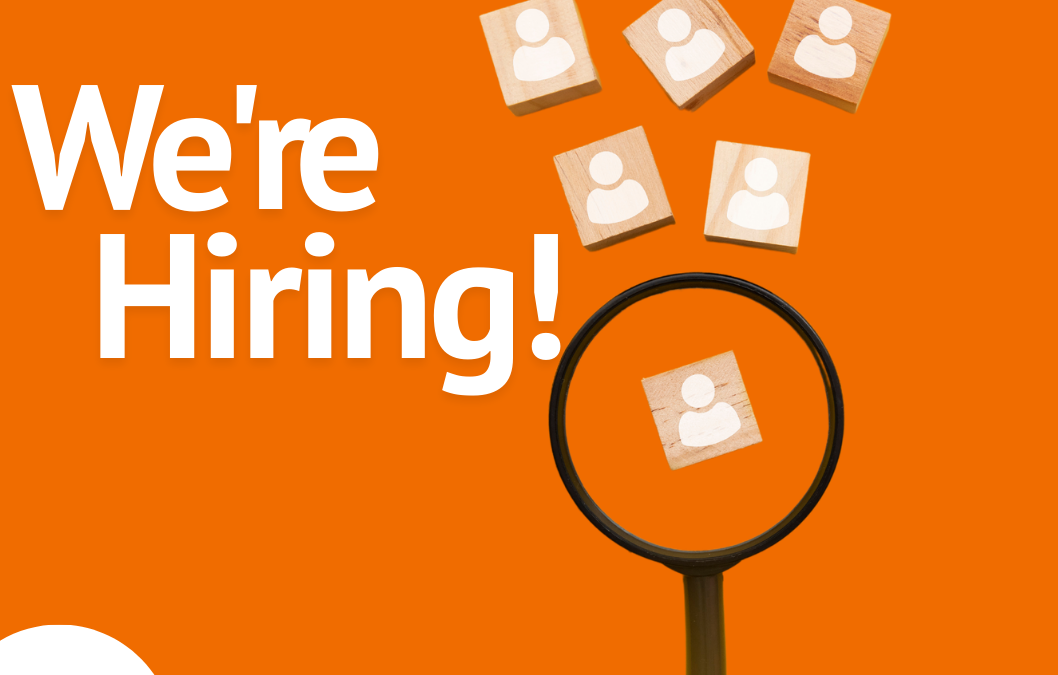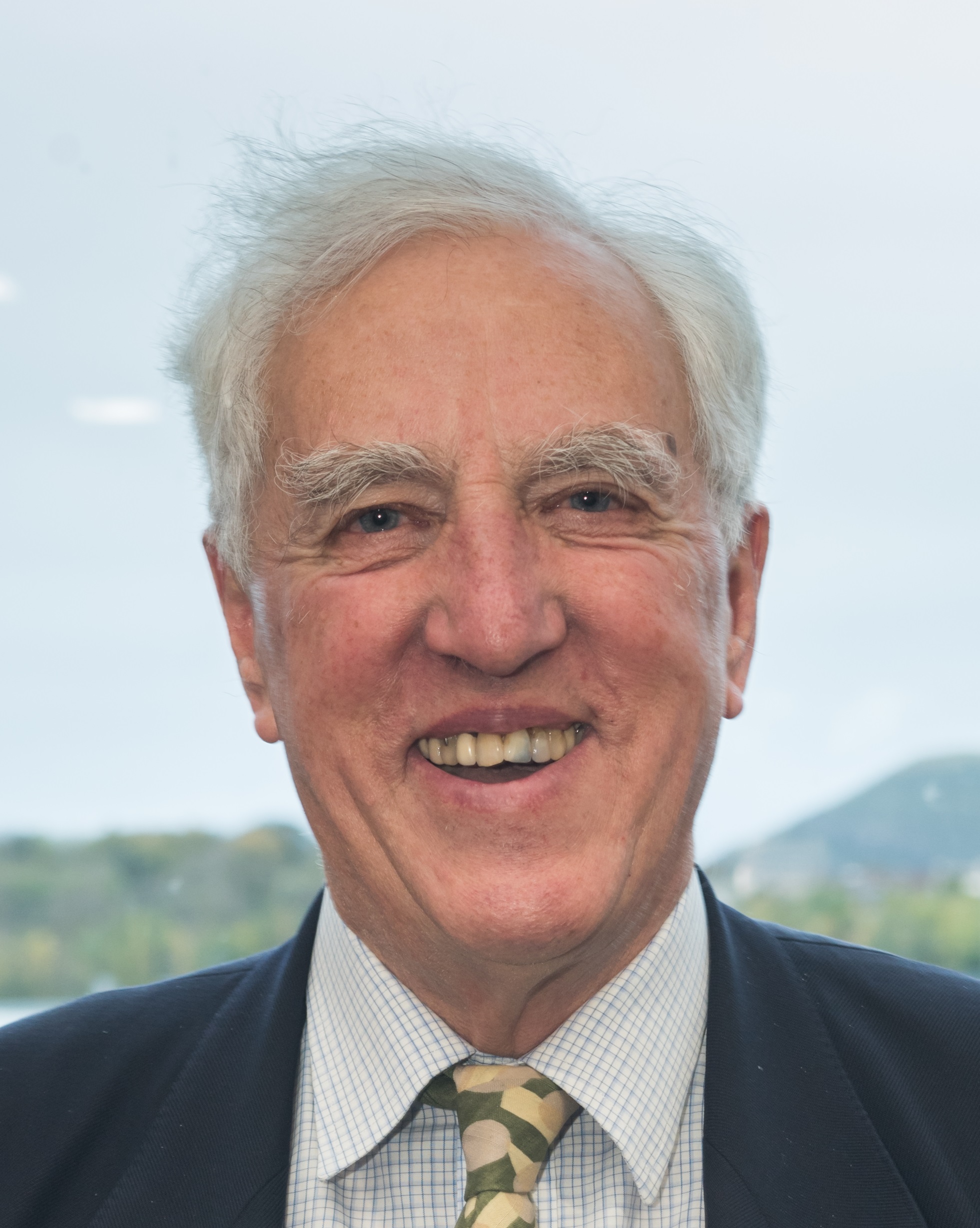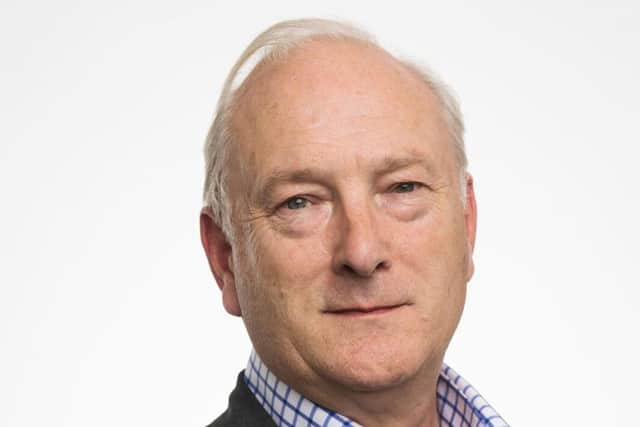New data reveals that 10 adults-a-day in Edinburgh and the Lothians are being referred for a neurodiverse disorder diagnosis.
There were 3,641 referrals for a neurodiverse disorder in 2023 through the Health and Social Care Partnership (HSCP), figures obtained by Edinburgh Live through Freedom of Information laws show. This equates to 10 people every day in the region getting referred.
In Edinburgh, there were 1,680 referrals in 2023 for a neurodiverse disorder, with a differentiation between condition, ADHD or ADD, unavailable. In East Lothian, 709 adults were referred for a neurodiverse disorder in 2023, 1028 in West Lothian, and 224 in Midlothian.
ADHD is an attention deficit hyperactivity disorder and ADD, a form of ADHD, is attention deficit disorder. Those with ADD can have problems with concentrating and focusing but may not be affected by impulses or hyperactivity. According to the NHS, symptoms of ADD may go unnoticed as they are ‘less obvious’.
One local, who was told he would be waiting seven years to be seen, said he’s ‘not surprised’ at the figures, and added the waiting list has led him to go private.
Alex Rogers, 26, is forking out £600 for an assessment and knows that he will then have to pay for any medication and support.
He said: “I’m not too surprised about the 3641 referrals in 2023, its been apparent for some time that there’s a huge backlog of referrals that the NHS has been struggling with. As of recently, I have decided to go privately as it seems I’ll be waiting at least half a decade on the NHS waiting list, unless something improves.
“The prospect of having an assessment and being diagnosed would change everything for me. Being diagnosed would allow me to finally receive the correct treatment I need, through medication or CBT therapy, and access to support to help me with my disability. It would be life-changing.”
Alex first went to his local GP when he was 17 with suspected ADHD and feels like he has been fighting to be heard for the last nine years with no progress. He went back and forth to the doctor and was offered medication for anxiety and depression, but Alex said that they weren’t the conditions he was struggling with.
After he was told he could be waiting up to seven years for an assessment, he has chosen to go private and will soon be taking a test that, he hopes, will allow him to get further support.
Alan Thornburrow, CEO of Edinburgh’s Salvesen Mindroom Centre has said that adults with undiagnosed ADHD could face significant challenges throughout their life and support needs to be there while people are waiting.
Salvesen Mindroom Centre is a charity that provides support and advocacy for neurodiversity.
Thornburrow told Edinburgh Live: “The increasing number of adults seeking ADHD diagnoses in Edinburgh and the Lothians underscores the importance of recognising and addressing neurodevelopmental conditions across their lifespan. Adults with undiagnosed ADHD may face significant challenges in various aspects of their lives, including education, employment, relationships, and mental health. Diagnosis can provide validation, understanding, and access to appropriate interventions and accommodations, improving overall well-being and functioning.
“The growing recognition of ADHD in adulthood may stem from increased awareness, improved screening tools, and greater acceptance of neurodiversity in society. Additionally, individuals may seek diagnosis later in life as they encounter difficulties that prompt them to re-evaluate their experiences and seek support.
“It’s critical to provide support and resources to those awaiting ADHD diagnosis to address immediate needs and alleviate distress. This may include psychoeducation, coping strategies, peer support groups, and access to mental health services. Collaboration between primary care providers, mental health professionals, and organisations such as Mindroom can help bridge the gap during the diagnostic process.”
Speaking to Edinburgh Live previously, Alex opened up and told how he feels like he was at a ‘crisis point’, and he felt like
Describing his symptoms, Alex said: “The first time I was aware I could have ADHD was when my friend asked me if I had it because I was so hyperactive. This was when I was about 15. When I was at school, I knew I had some sort of intelligence but I could not apply myself at all.
“I have touch sensitivity and some noises really trigger me. I notice I miss social cues and I just don’t comprehend what’s going on in some social situations. I now mask a lot of my symptoms but I just feel like a diagnosis and the right help would allow me to fulfil my potential.
“I’m at college but this is my third go at it and I want to do well. I’ve reached a crisis point now where it’s impacting everything.”
Alex added: “I’m thinking of all the people in my position who will be waiting so long. I am in desperate need of an assessment. It is affecting the way I am with friends, my family and my girlfriend.
“Because I hyper-fixate on things, some other parts of my life then don’t get my attention as much as they should, that’s not fair to them, or to my girlfriend. It makes me feel like an unreliable friend and boyfriend.”
A Spokesperson for the Edinburgh Health and Social Care Partnership (EHSCP) said “Whilst it is not possible to comment on individual cases without precise detail we apologise to people who are experiencing a lengthy wait for ADHD assessment. Edinburgh HSCP is committed to redesigning processes, increasing clinical capacity and prioritising treatments for those seeking assistance and assessment for ADHD. “





